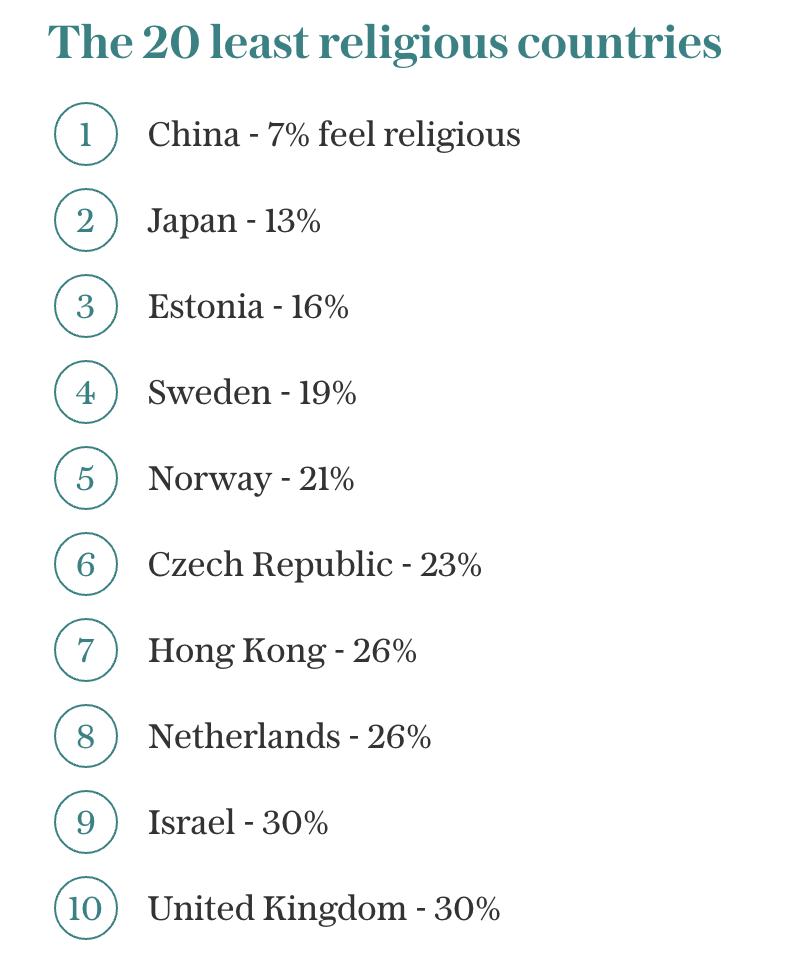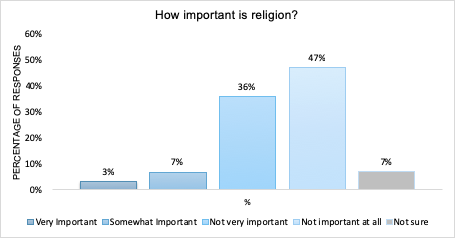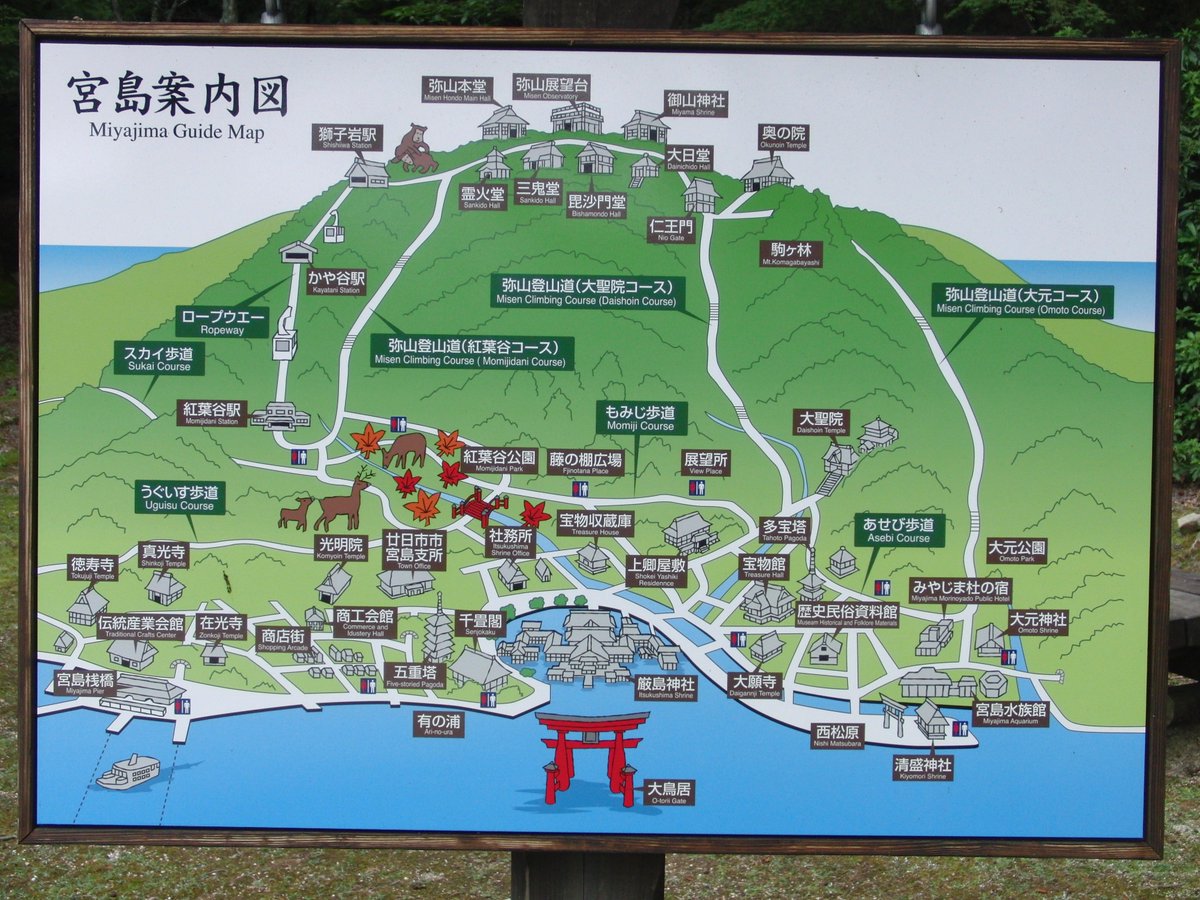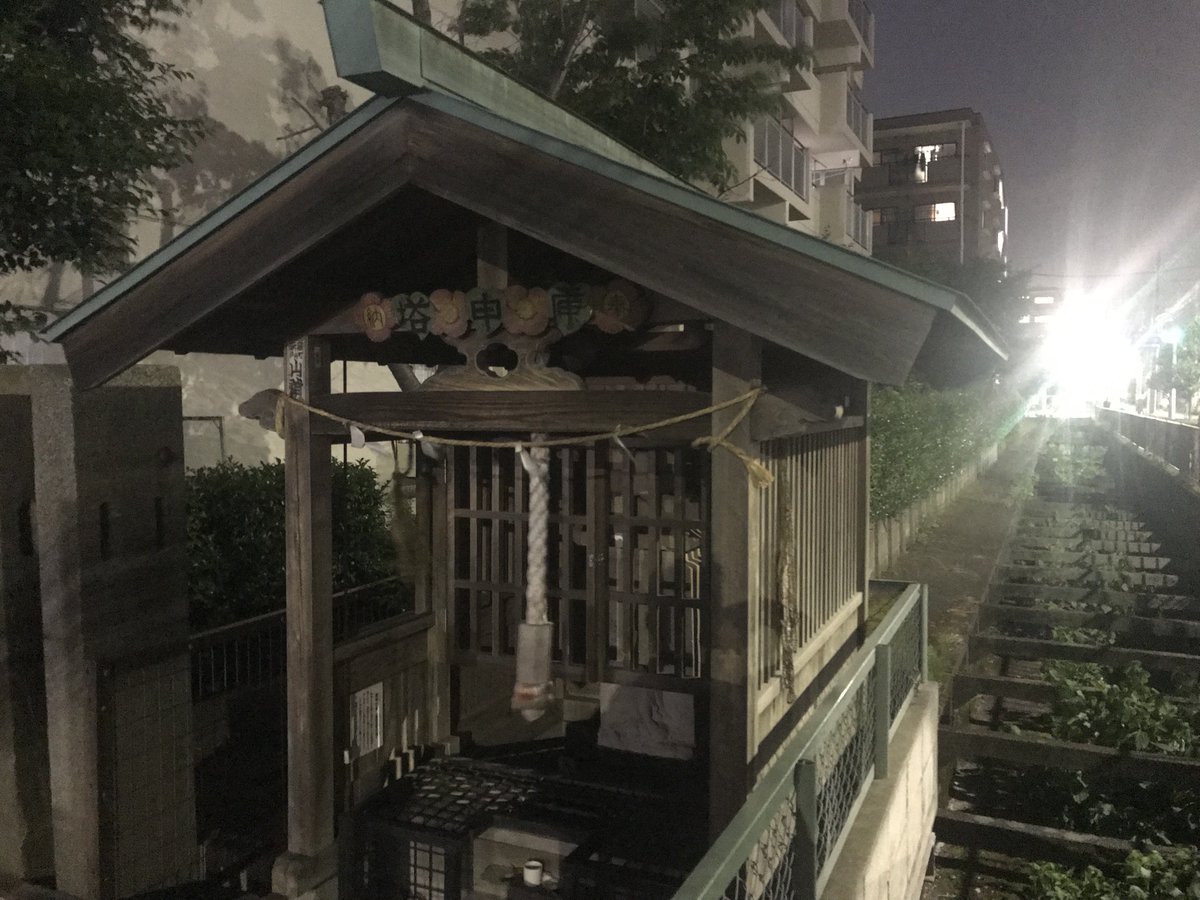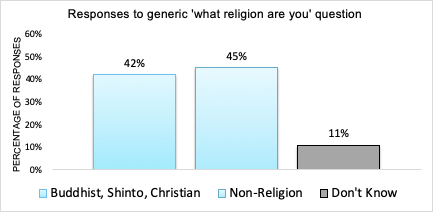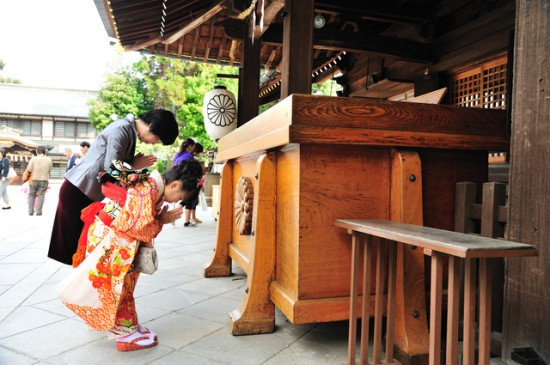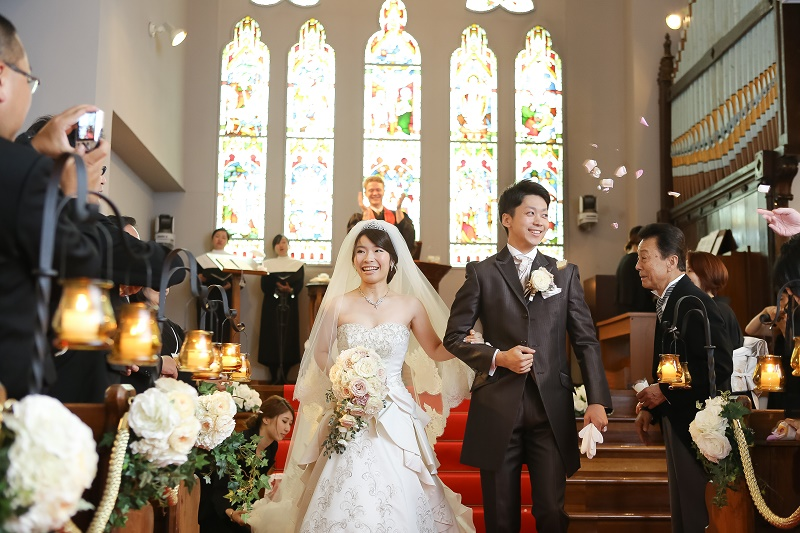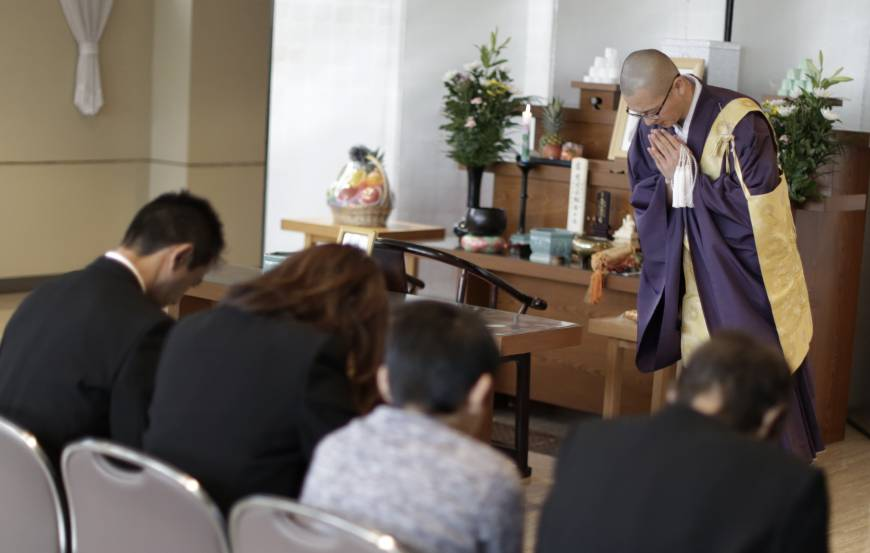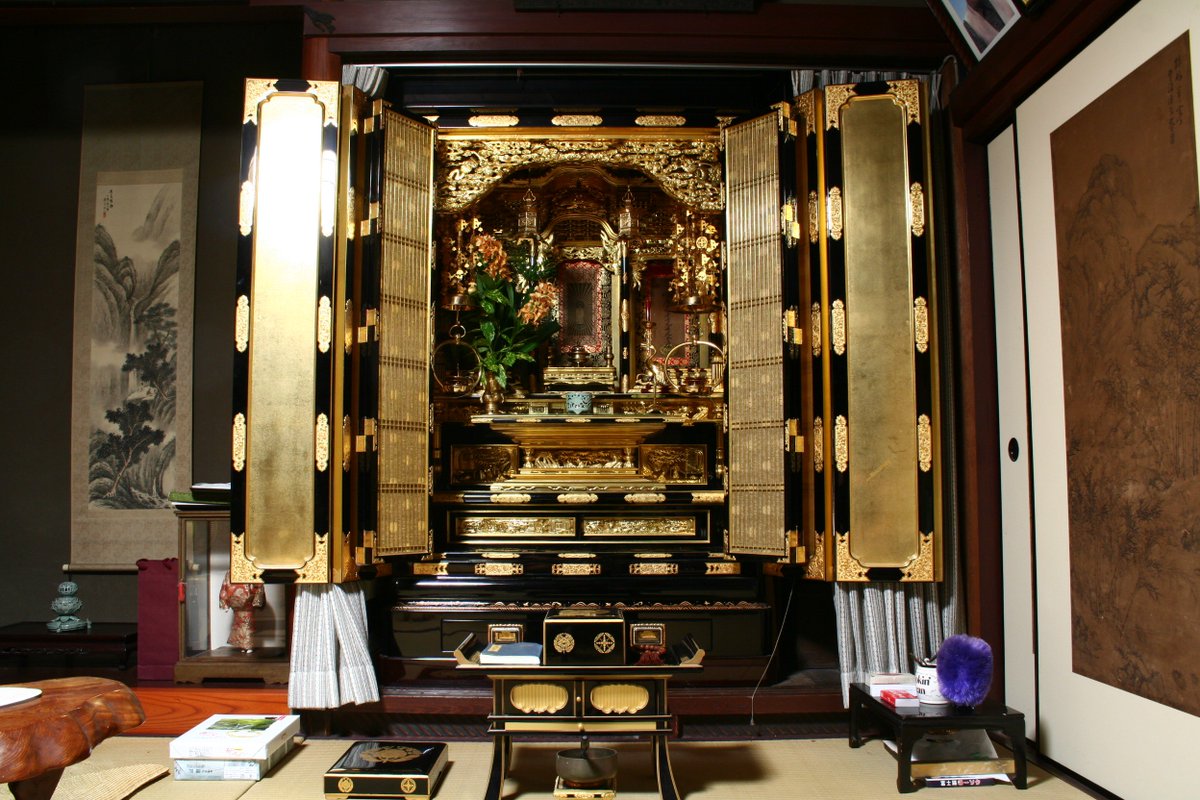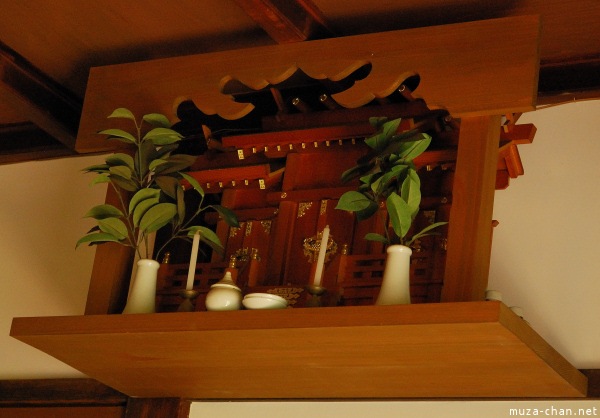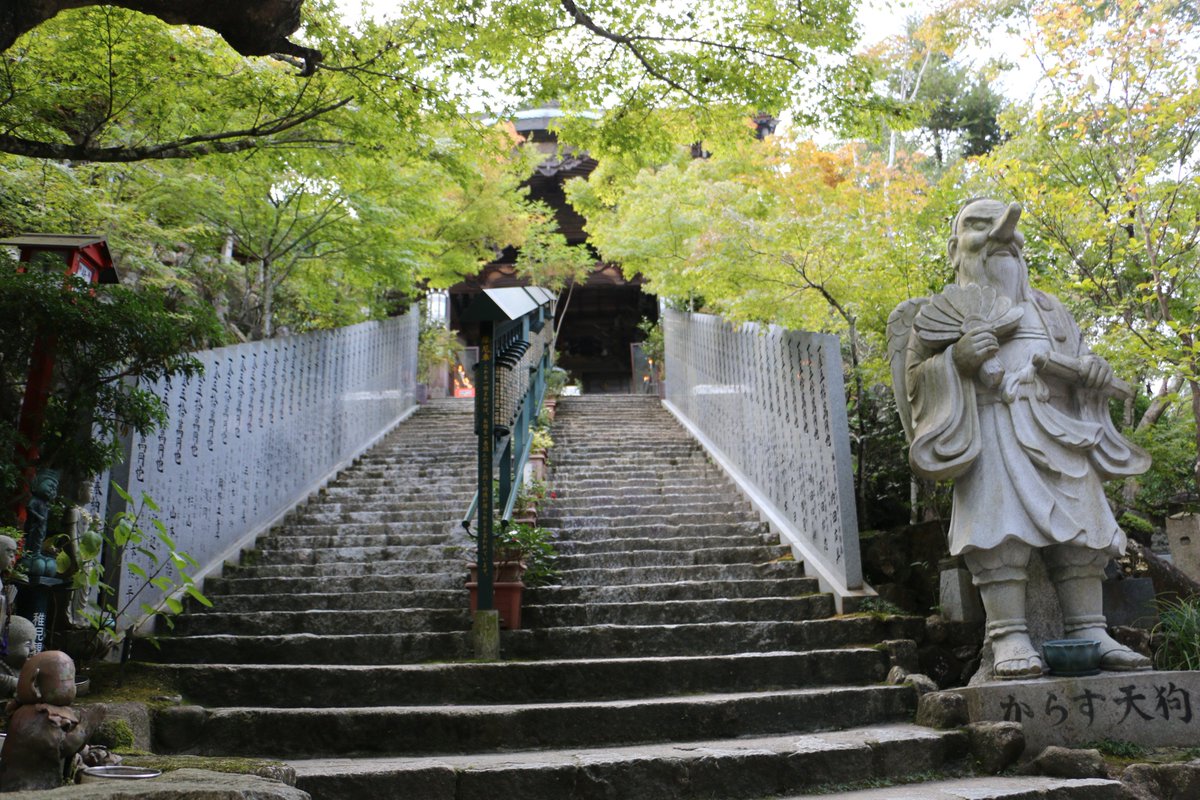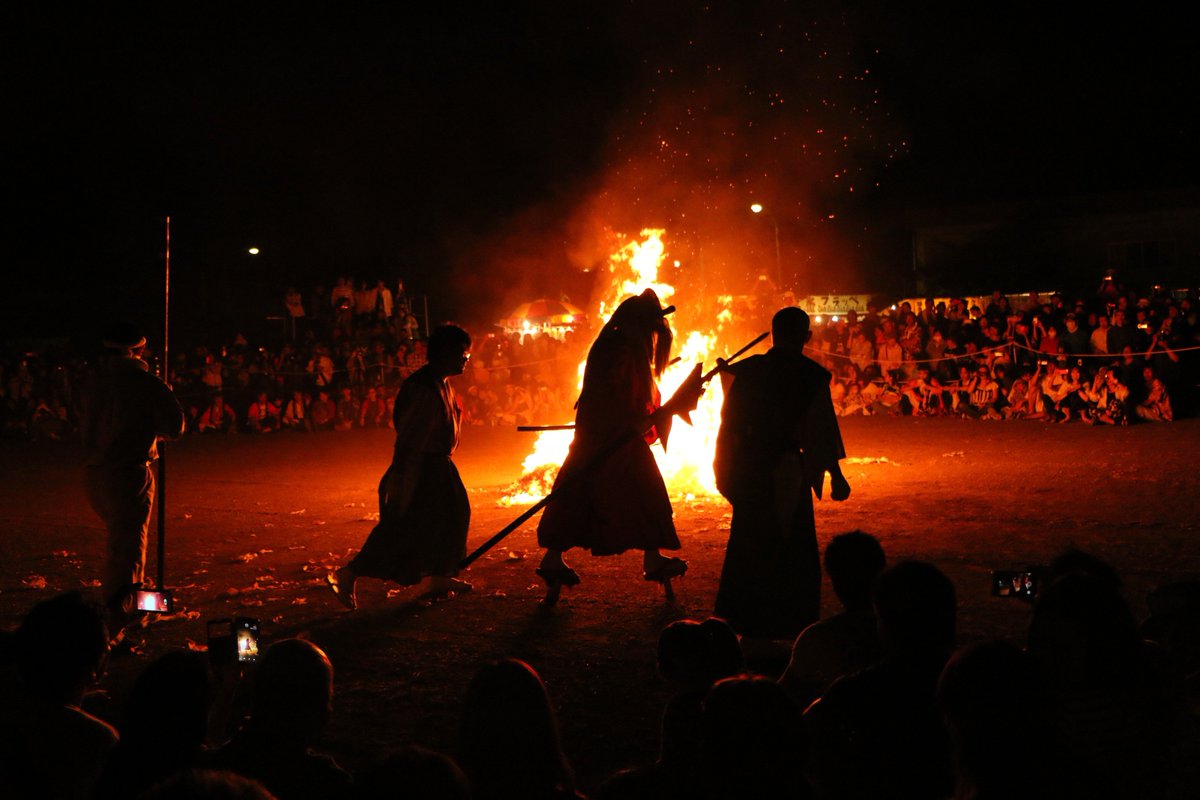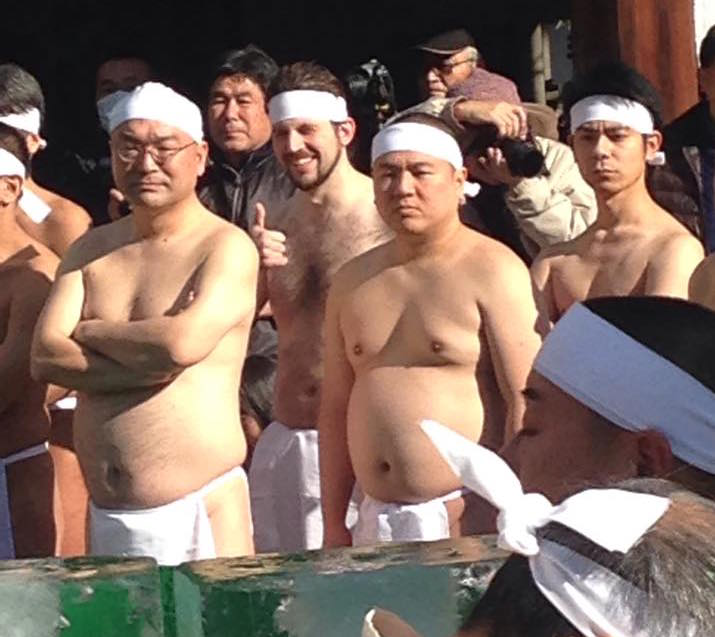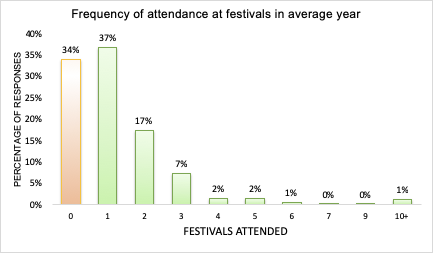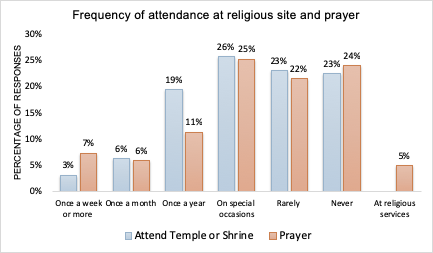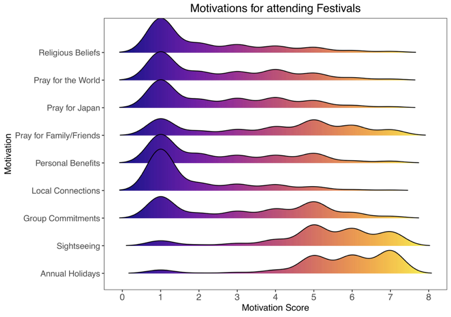Stepping back from the culture wars for a short thread on #Japan & #Religion. Believe it or not, this is my specialist area of research and as I finish up a new paper on the topic, I thought I would share some interesting results. Strap in!
The popular image of Japan & religion is something of a paradox. On the one hand, you have lots of pieces about Japan as a country of non-believers. This is usually based on survey data where only 10-15% of Japanese people self-identify as religious.
Indeed, we saw this exact pattern in data we collected from 1,000 Japanese respondents in 2016. When we asked whether they would describe themselves as religious, regardless of participation in religious events, we got the following responses: only 10% identified as religious.
Furthermore, when asked directly how important they think religion is in life? Only 3% answered 'very important' whereas 83% answered either 'not important at all' or 'not very important'. In contrast, in the US around 50% typically answer religion is 'very important'.
So Japanese people are, on average, non-religious and do not think religion is very important. Ok. So where is the paradox? Well, first of all, any visitor to Japan will be struck by the sheer amount of Shinto shrines and Buddhist temples that dot the landscape.
According to the most recent government statistics, there are 87,967 Shinto shrines and 84,675 Buddhist temples. And that only counts registered sites, which likely doesn't include the plentiful miniature shrines and altars (like these two I pass every day on the way to work).
Moreover, when we phrased the question about religion differently and asked people to identify their religion, rather than asking if they were religious, we see a different pattern. This is how the same 1,000 Japanese people answered that question. 42% identified with a religion.
The number of Non-Religious doesn't change that much but 34% identified as Buddhists, 5% as Shinto, and 3% as Christians. So it seems many people in Japan regard themselves as having some sort of religious affiliation but yet do not regard themselves as 'religious'.
You might think this just demonstrates the difference between personal beliefs & affiliation, however, we also asked people how far they endorsed specific supernatural beliefs. To do so we used a version of the 'Supernatural Belief Scale' (SBS). http://jonathanjong.ninja/resources
The SBS is a scale designed to measure generic supernatural beliefs and, usefully for our purposes, it has a reduced 6-item version intended for use in cultures that lack an Abrahamic religious frame (for a list of the items see below  ). Respondents answer on a 9 point scale.
). Respondents answer on a 9 point scale.
 ). Respondents answer on a 9 point scale.
). Respondents answer on a 9 point scale.
Scores for all six SBS items were averaged to give a score ranging from -4 (strong non-belief) to 4 (strong belief). If Japan is a country of non-belief we would expect most scores to fall mostly in the negative spectrum. Below is the actual distribution of responses we found.
If anything, there is a heavier skew towards positive belief but the near perfect 'normal distribution' curve indicates that non-belief in the supernatural is far from the default.
We did, however, find the expected negative skew when we asked people how important these supernatural beliefs are. 

So now the picture is a bit messier and here it might be worth mentioning some other significant features of religion in Japan. First, traditions are not exclusive. This means people can participate in Buddhist or Shinto festivals/ceremonies without a second thought.
For example, it would be entirely normal for someone in Japan to go to a Shinto shrine for blessings when a child, get married in a Christian wedding ceremony and have a Buddhist funeral when they die.
Similarly, many traditional homes will feature both a Buddhist altar for venerating the ancestors (butsudan) and a mini-Shinto home shrine to bring blessings, often located on a special shelf (kamidana).
Syncretism ('the mixing of religions') is also common. The photos below are of Daishoin, a Buddhist temple in Miyajima, which houses a Shinto shrine. This was a common arrangement in the past but became rarer after the forced separation of Shinto & Buddhism in the Meiji era.
Temples and shrines remain important because these are the sites where festivals (matsuri) are usually held. There are national festivals, seasonal festivals and special local festivals and they remain very popular. A lot of famous tourist images of Japan are taken at festivals.
The images above are a few from festivals I've attended. Living in Japan and researching rituals, I've seen quite a few... and even took part a couple of times!
Both Buddhism and Shinto do not have regular obligatory religious services and as a result for most Japanese people their primary interaction with 'religion' is at festivals or ceremonies like funerals. In our sample, 66% of people said they attend festivals once a year or more.
Similarly, when we asked people how frequently they pray or visit shrines/temples around 50% answered 'rarely' or 'never' and for the other 50% it was most common to pray or visit just 'once a year' or 'on special occasions'.
This reflects a pragmatic approach to religion, one in which devotional beliefs and regular practice are not central. Of greater importance is the adherence to customs and obligations. Scholars have referred to this as 'orthopraxic' religion as opposed to 'orthodoxic'.
Reflecting this, when we asked people about their motivations for attending festivals, religious belief was generally rated as unimportant whereas attending as part of seasonal events/holidays was rated as very important.
In short, religion in Japan does not fit into a Western/Christian mould and attempting to understand it through that lens will lead to misunderstanding. Religious identities and devotional beliefs are not prioritised but supernatural beliefs and festival participation are common.
Postscript... if you found the above interesting you might like this longer article I wrote that discusses similar issues. https://aeon.co/essays/can-religion-be-based-on-ritual-practice-without-belief
And now there is also a preprint on this topic: https://psyarxiv.com/qyt95

 Read on Twitter
Read on Twitter

